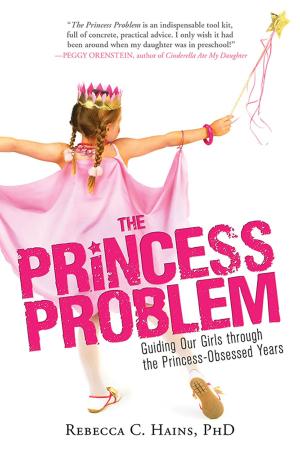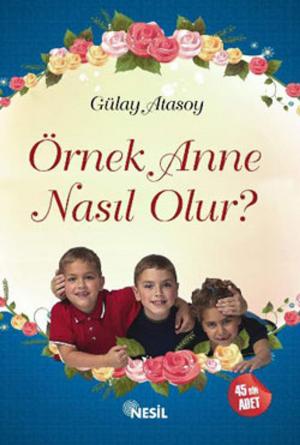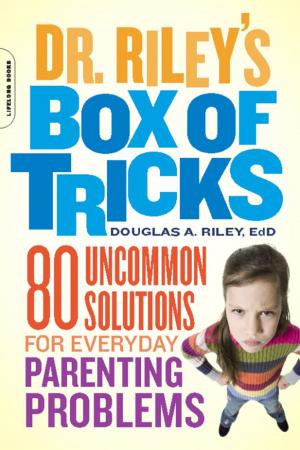When We Fuss and Fight: A Peace Plan for Siblings
Nonfiction, Family & Relationships, Family Relationships, Siblings, Conflict Resolution, Parenting| Author: | Peggy S. Baltimore LCSW | ISBN: | 1230000094204 |
| Publisher: | Peggy S. Baltimore LCSW | Publication: | December 26, 2012 |
| Imprint: | Language: | English |
| Author: | Peggy S. Baltimore LCSW |
| ISBN: | 1230000094204 |
| Publisher: | Peggy S. Baltimore LCSW |
| Publication: | December 26, 2012 |
| Imprint: | |
| Language: | English |
All parents want their children to get along. Sibling fussing and fighting can disrupt the safety and harmony of the home life. This book teaches siblings the skills to self-control, express feelings appropriately, use clear thinking, and solve problems.
The text is child-friendly with color illustrations for ages 8 and above. The chapter on self-control shows siblings how to call their peace word and use other self-calming strategies. Another chapter teaches assertive feeling expression, while the chapter on clear thinking offers a unique and engaging approach with the introduction of thought villains and how to gain thought control. Solving problems is shown with the peace staircase and the chapter makes this skill very easy to learn.
There is a separate and lengthy section designed for parents and adult helpers on how to encourage siblings to practice the peace plan approach. Additionally, a clear and concise plan is shown in how to manage sibling fighting which occurs in the home and in public.
The skills taught in this book can be used in all relationships. All people benefit when they take responsibility to work on impulse control when they are angry. Utilizing feeling messages with others helps the child express their feelings in a clear and respectful way. Understanding negative thoughts and the ability to catch and change them is freeing to all. Recognizing that when we focus on problem solutions rather than stay stuck in a problem allows us to take responsibility to do our part to get along.
When we set the stage in children’s lives to get along better as siblings, then we prepare them to successfully negotiate relationships both now and in the future. Parents can take an active role in supporting their children in learning and practicing relationship skills, and in helping the siblings assume responsibility for their interactions.
The author is a child psychotherapist with extensive experience in play therapy with children. Her expertise informs the approach which has been found effective in ending sibling wars, establishing a more peaceful home and in strengthening the family bond.
All parents want their children to get along. Sibling fussing and fighting can disrupt the safety and harmony of the home life. This book teaches siblings the skills to self-control, express feelings appropriately, use clear thinking, and solve problems.
The text is child-friendly with color illustrations for ages 8 and above. The chapter on self-control shows siblings how to call their peace word and use other self-calming strategies. Another chapter teaches assertive feeling expression, while the chapter on clear thinking offers a unique and engaging approach with the introduction of thought villains and how to gain thought control. Solving problems is shown with the peace staircase and the chapter makes this skill very easy to learn.
There is a separate and lengthy section designed for parents and adult helpers on how to encourage siblings to practice the peace plan approach. Additionally, a clear and concise plan is shown in how to manage sibling fighting which occurs in the home and in public.
The skills taught in this book can be used in all relationships. All people benefit when they take responsibility to work on impulse control when they are angry. Utilizing feeling messages with others helps the child express their feelings in a clear and respectful way. Understanding negative thoughts and the ability to catch and change them is freeing to all. Recognizing that when we focus on problem solutions rather than stay stuck in a problem allows us to take responsibility to do our part to get along.
When we set the stage in children’s lives to get along better as siblings, then we prepare them to successfully negotiate relationships both now and in the future. Parents can take an active role in supporting their children in learning and practicing relationship skills, and in helping the siblings assume responsibility for their interactions.
The author is a child psychotherapist with extensive experience in play therapy with children. Her expertise informs the approach which has been found effective in ending sibling wars, establishing a more peaceful home and in strengthening the family bond.















